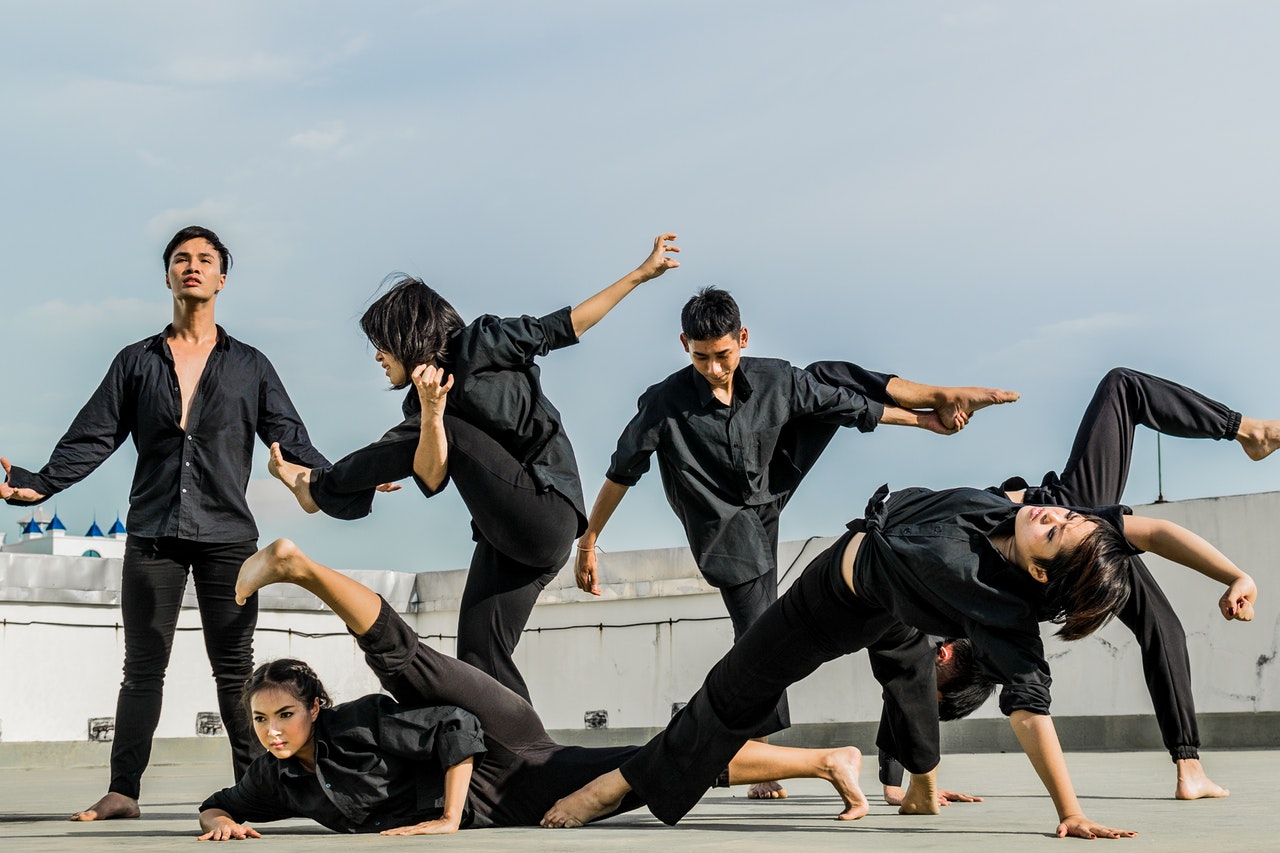One effective way of becoming more comfortable with Social Anxiety is to expose yourself to social situations over and over again. When I say this usually the response I get is “How can I practice when I’m too anxious to show up to the kinds of things that make practice possible?”
Before I answer that question I encourage you to consider five points:
(1) Social anxiety may mean having to do things differently than everyone else in the beginning.
(2) Defeating social anxiety is a matter of skill (knowing what to do) over comfort (doing it).
(3) Because social performance is a skill, it can be learned and the more you learn and practice the more adept you will become. Just like anything else.
(4) Defeating social anxiety is worth it. Being around and interacting with people is a necessary part of happiness. It’s different from getting over a fear of snakes, you don’t have to be around snakes to be happy.
(5) You can defeat social anxiety, even if you continue to feel anxious. You can still do well in social situations and reap the rewards while feeling anxious.
So getting back to the question of how to practice when the arena of practice is what we’re anxious about. There’s a neat technique called Imaginal Rehearsal and I’m going to walk you through how I do it with clients in this article step by step. This won’t include a lot of the cognitive interventions or distress tolerance techniques that are intertwined with the protocol but it could be a good step in the right direction for you and may be helpful enough.
Pick A Target
Identify one social event or gathering that you have to go to, maybe a family gathering that you can’t get out of. When you go to the event move away from the expectation of having to perform socially; just observe and study like a scientist. Notice what people are talking about, what they bring up – learn. Imagine what questions you would ask or comments you might make in the conversation and jot them down somewhere (maybe on your phone).
Establish a Goal
Identify one other social event you would like to attend, something to work towards- something a little more provocative than the last event but realistic.
Imaginal Rehearsal
In the days (or weeks) leading up to the goal event, set aside time to imagine yourself at that social event (eyes closed). Imagine being at the party as if you were there- first-person perspective. See yourself going up to people, see the conversations going well – use some of the information you noted from the practice event. If you notice tension, anxiety or anything uncomfortable then tense and relax the part of your body where you feel it over and over again. Do this until you feel no distress.
With each day make the situation more problematic, imagine an awkward pause and dealing with that awkward pause skillfully. Imagine spilling something on yourself or saying something stupid and dealing with these events humorously and with grace. Imagine experiencing someone looking at you awkwardly and approaching them with a smile, grace, confidence and asking them how they are doing.
Cope Ahead
During this time also develop a plan of retreat (not escape). Using the bathroom for breaks when things get overwhelming. Pretending to need to take a call. Pretending to have forgotten something in the car. Use these brief periods to collect yourself and re-engage. Also, consider setting a goal that is reasonable (“I’m going to make it through an hour”) and give yourself permission to leave after that goal is met with the intent of increasing your goal the next time. Let people know you may have to leave in an hour or two and have the reason ready – if you feel like staying then STAY, simply tell people that plans have changed.
Game Time
Arrive well practiced and with a plan, treat the event like an experiment. Move away from performing and move towards observing, trying things out. Be attentive to what’s enjoyable and give yourself permission to follow the cope ahead plan, take notes as to how you may enhance your practice for the next event.
